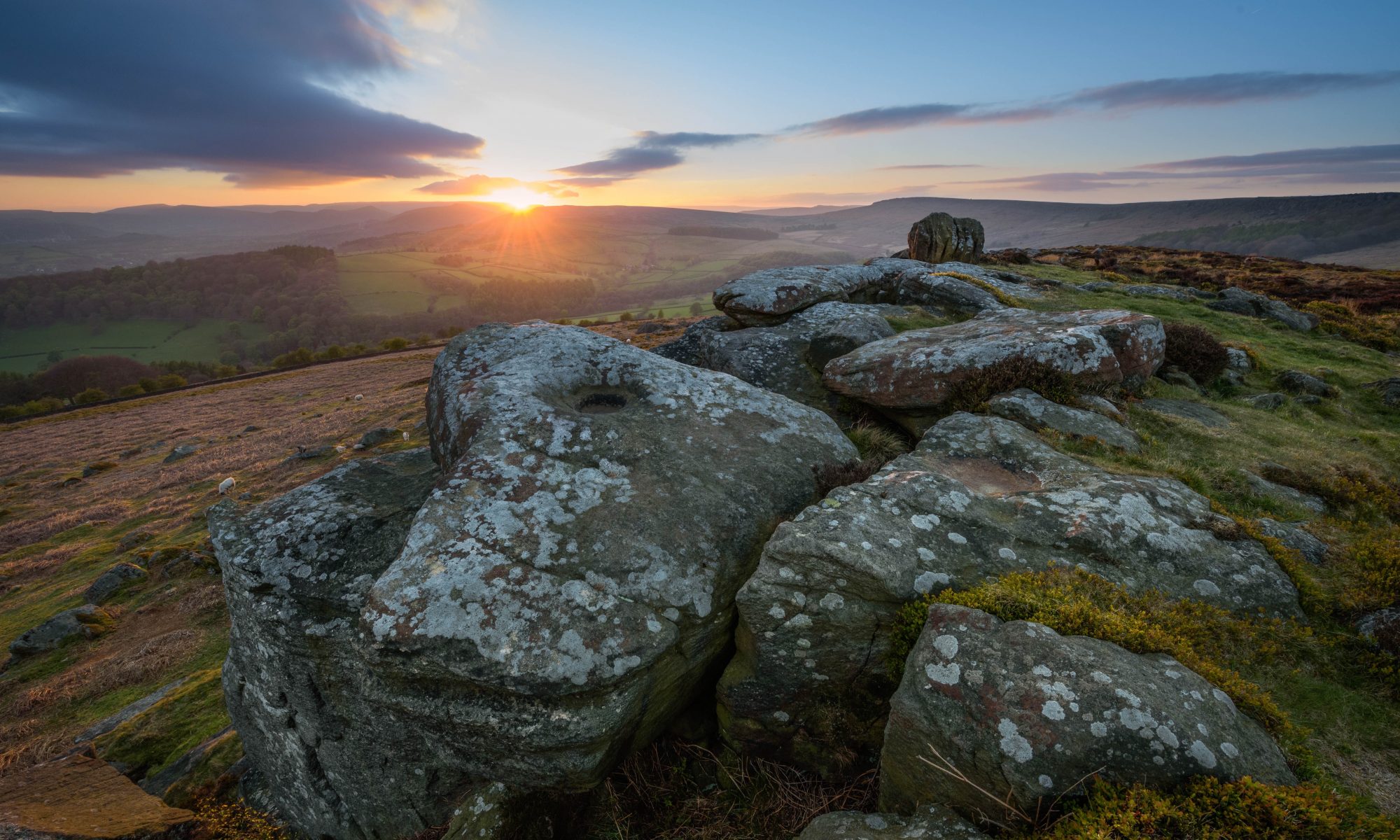Dr Gillie Bolton’s Biography
 Expressive, explorative writing has the power to show us what we feel, think, know, understand, remember, observe, intuit, desire, believe. I began to discover this at first hand through my own expressive, explorative journal writing. I didn’t know what was wrong with me, but suffered depression and other problems from a small child. As a young mother these became even more problematic.
Expressive, explorative writing has the power to show us what we feel, think, know, understand, remember, observe, intuit, desire, believe. I began to discover this at first hand through my own expressive, explorative journal writing. I didn’t know what was wrong with me, but suffered depression and other problems from a small child. As a young mother these became even more problematic.
By an extraordinary stroke of luck I discovered writing. Or rather writing took me by the hand and led (at times forced) me to write an often wild range of things. This writing helped me find out what had caused my problems, and also offered me powerful routes to doing something about them. I learned I was an incest survivor and that exploring metaphors and other images through writing could help me perceive, understand, and ultimately accept myself. I also developed other writing strategies which were incredibly helpful. These are all covered in depth in my books.
As an educator working closely with people, I realised writing could help anyone understand themselves and their situation better, they did not have to have specific problems (such as bereavement, illness, depression). And this is when I started developing the use of writing personal stories and poetry for professional development.
And then, as an academic researcher with a long and varied publication list, I turned my interest to how to write academically
Listen to Gillie
Apple Podcast: Skeptically Curious – Reflective and Therapeutic Writing with Dr. Gillie Bolton
Journaling For Trauma & Self-development With Dr Gillie Bolton, Author & Researcher On Therapeutic Writing
And Now?
Now, a retired grannie, I have read through all my mass of old journals (hauling them out of the attic), and written the story of my writing journey. How I used writing to illuminate my problems, and then counteract them: a story of struggle out of the morass of incest survival. The story is about learning to respect and trust the guiding hand of writing. This kind of writing can get in touch with the stronger and wiser sides of ourselves, and enable us to hear and respond to wisdom and support.
And I’m trying my hand at writing a novel. but that is another story. An unfinished one, as yet.

Impetus for my Research
What started me seriously researching about writing was a medical professor colleague telling me it was my students’ relationship with me, not the writing which made a difference to them. A determination to prove him wrong led to careful detailed observation and research. In all personal and professional development processes (and therapy and counselling) the personal relationship is key. But with writing, the primary personal relationship is with the self as first reader: the self becomes the vital interlocutor.
My Books
The Writer’s Key: Introducing Creative Solutions to Life (Jessica Kingsley [JKP] 2014), is a complete guide to inspire writing for self-reflection and personal development. Easy to read and packed full of ideas to try.
Reflective Practice Writing and Professional Development Edition 4 (Sage Publications) sells worldwide, offering professionals and students dynamic critical methods which work, and are illuminating and enjoyable. One reported how her copy is broken backed, zigzagged with underlinings and margin notes and bristling with post-its. Edition 5 is in its infancy…
Inspirational Writing for Academic Publication (2014) provides a straightforward enjoyable route to creating publications, PhD theses or dissertations. Written with significant contributions by Professor Stephen Rowland.
Write Yourself: Creative Writing and Personal Development (JKP) is the sequel to The Therapeutic Potential of Creative Writing (JKP)which has become a classic: a patient dying of cancer asked her husband to read it to her in hospital when she could no longer write. Writing Cures (Routledge) concerns therapeutic writing within therapy and counselling. And Writing Works (JKP) and Writing Routes (JKP) give writers the kind of advice and support of which they dream.
Other Publications and Involvements
My eclectic publication list buzzes with academic papers in medicine (including The Lancet), education, higher education, action research, social work, therapy, counselling, medical humanities and literature and medicine, along with poems in poetry magazines and medical journals, articles in professional journals, and publications with the Religious Society of Friends (Quakers). Associate editor to 4 journals, I also contributed regular edited sections to Progress in Palliative Care (Health and the Arts) and the Journal of Medical Humanities (Literature and Medicine) (British Medical Journal Publishers).
Senior Research Fellow in Medicine and the Arts at King’s College London University before I left to write and enjoy freelance consultancy, I was a founder initiator and member of the Council of the UK Association for Medical Humanities.
Keynote speaker at many varied conferences worldwide – medical, literary, therapeutic, I also gave of my professional wisdom in a range of consultancies in Britain and abroad.
My Life History
Early years in an Epping Forest village near London, in a seventeenth century farmhouse just up the hill from my grandfather’s farm, and 2 years in Singapore, were augmented by school in Southwold, Suffolk. Social Anthropology (MA Cantab) at Cambridge University was a firm foundation on which to build work with people. There were only 3 women’s colleges then, and rather a lot of men’s colleges – so I also had a good time. My PhD, from University of East Anglia Medical School, is based on some of my many academic publications.
Retired, I now live in Central London and Derbyshire’s Hope Valley with my emeritus professor husband, still scribbling, being a Quaker (we became Friends in 1970), and spending as much time as possible with our children and three grandchildren.









